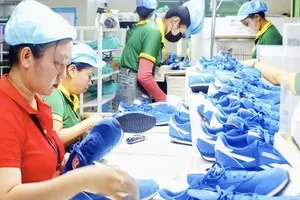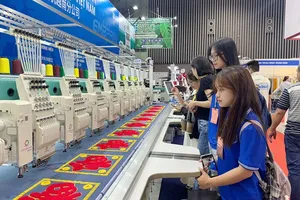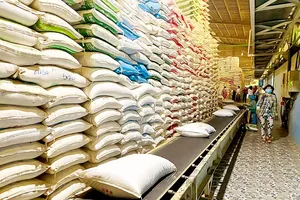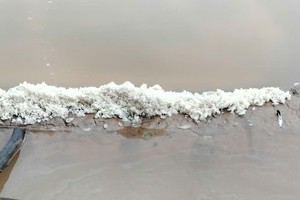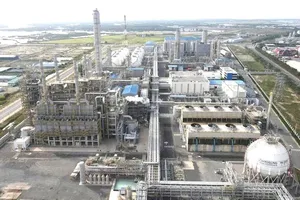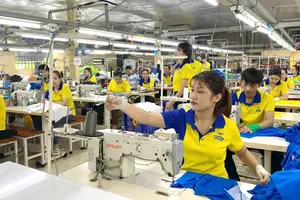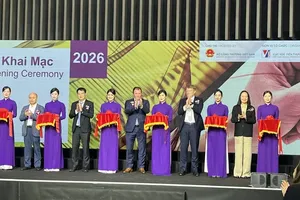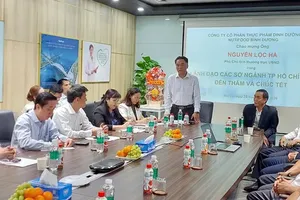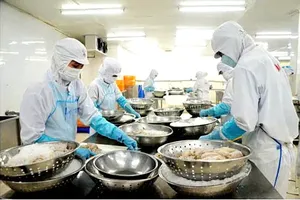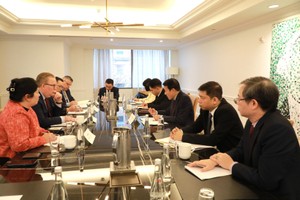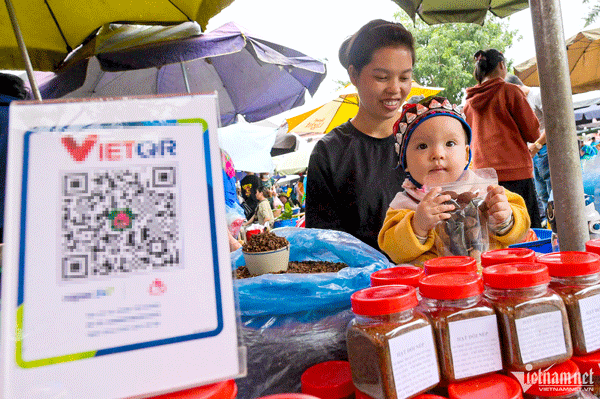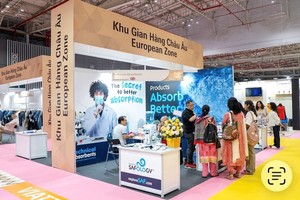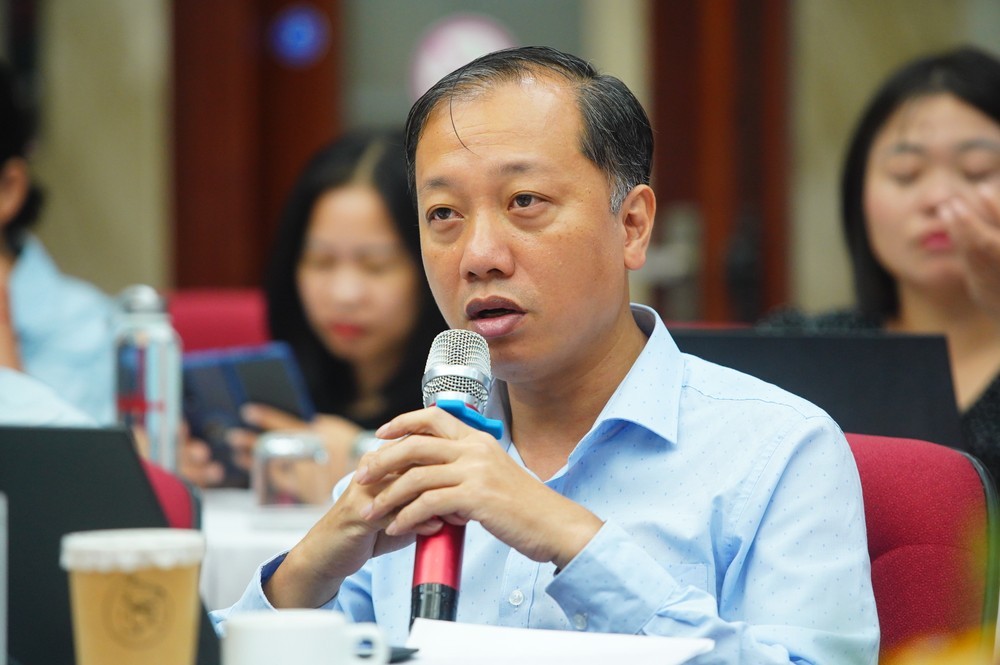
The forum, organized by Tien Phong Newspaper to address pressing challenges in Vietnam’s durian export sector, revealed that numerous shipments of Vietnamese durians had been rejected by China due to contamination with cadmium—a toxic heavy metal—and Auramine O, a banned industrial dye. The European Union has also issued similar warnings. Alarmingly, these rejected shipments had already been certified with valid planting area codes, quality inspection papers, and customs clearance.
“Clean papers, tainted fruit”
According to Mr. Dang Phuc Nguyen, General Secretary of the Vietnam Fruit and Vegetable Association, the contamination traces back to poor farming practices. He pointed out the prolonged overuse of phosphate-based fertilizers such as DAP, which leads to cadmium accumulation in soil. Meanwhile, Auramine O—used to enhance fruit color and accelerate ripening—has been employed under pressure from buyers demanding visually appealing and fast-delivered products.
“The problem lies throughout the entire supply chain, from input materials to post-harvest processing and preservation. Certifications and planting codes are meaningless if quality control isn’t enforced at the root,” Mr. Dang Phuc Nguyen emphasized.
Mr. Nguyen Quang Hieu, Deputy Director of the Department of Crop Production and Plant Protection under the Ministry of Agriculture and Environment, acknowledged the risks stemming from the sector’s overheated growth, with durian exports reaching over $3.2 billion in 2024. He confirmed that several growing regions had tested with excessive cadmium levels, underscoring the urgent need for a comprehensive tightening of production processes.
Investigating the source of banned substances, Mr. Tran Viet Hung, Head of Market Surveillance Operations at the Ministry of Industry and Trade, said that counterfeit and substandard agrochemicals remain rampant—especially on e-commerce platforms. Some products contain illegal substances like cadmium or Auramine O, or possess active ingredients far below declared levels. “Contaminated inputs result in toxic produce. Without front-end control, all post-inspection measures are just damage control,” Mr. Tran Viet Hung stated.
Where do rejected durians go?
A major concern raised at the forum was the fate of durian shipments rejected by foreign markets. Mr. Vu Duy Hai, CEO of Vinacam, pointed out the absence of a strict mechanism to trace or manage these returns. In many cases, unless the exporting company voluntarily recalls the goods and publicly discloses test results, there is no legal basis to address stockpiles of rejected fruit.
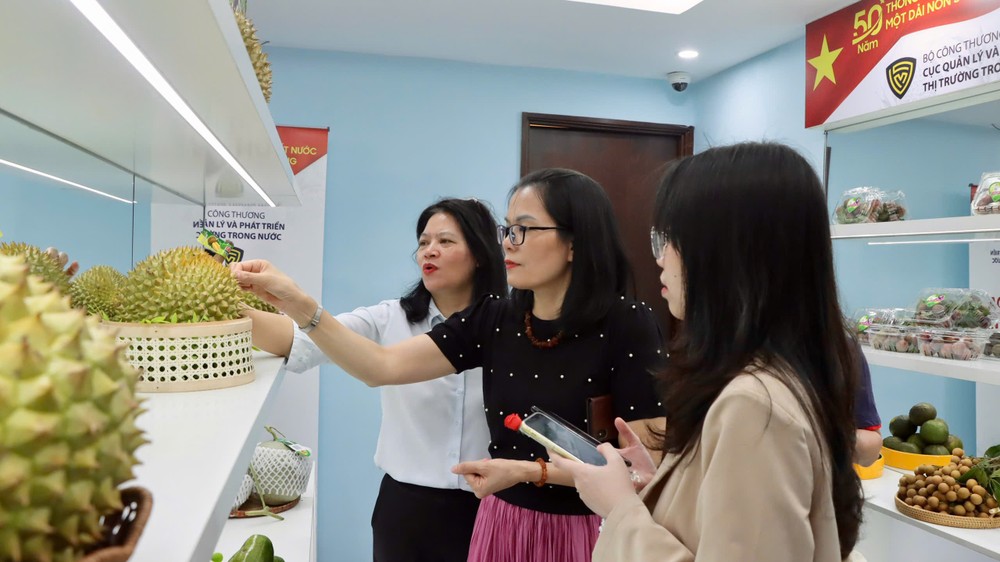
“There are test samples, but no public disclosure. There are recalls, but no oversight. That means we're only halfway through the control process. Toxic goods are at serious risk of circling back into the domestic market—posing a direct threat to Vietnamese consumers,” Mr. Vu Duy Hai warned.
He also criticized a prevailing mindset where reports of wrongdoing—whether by businesses, the public, or the press—are often dismissed as acts of unfair competition. “This must change,” he argued. “Whistleblowing should be encouraged as part of a community monitoring culture, especially in high-value export sectors like durian.”
To address the crisis, Mr. Dang Phuc Nguyen proposed establishing robust quality monitoring systems directly within growing areas and enhancing on-site testing and verification capabilities.
Mr. Nguyen Quang Hieu called for a fundamental overhaul in growing area planning and a tightening of protocols for issuing and managing planting codes, along with stringent controls over high-risk agricultural inputs.
Meanwhile, Mr. Vu Duy Hai urged authorities to strictly penalize violations and ensure transparency in the entire inspection process to rebuild trust in the supply chain. He noted that unless Vietnam can prove the actual quality of its produce, negotiations with China to reduce customs clearance times—from the current 7–10 days (compared to just two days for Thailand)—will lack credibility.
“For sustainable exports, we must first secure the confidence of our own domestic market. If rejected toxic goods are simply redirected to rural markets, we not only lose consumer trust but damage the reputation of the entire industry,” Mr. Vu Duy Hai concluded.



